Suzhou Municipal Key Lab for Metabolic Syndrome Drug Research

All

- About
-
Labs and Spaces
- BIO Teaching and Research Labs
- CHE Teaching and Research Labs
- HES Teaching and Research Labs
- Suzhou Key Labs - 苏州重点实验室
- International Joint Frontiers Materials Frontier Research Lab
- Selenium Innovation Lab
- Outdoor Research and Teaching Space
- Atmospheric Research and Teaching Observatory
- Sci-iGEM
- AI4Health Suzhou Key Laboratory
- Suzhou Municipal Key Lab of Neurobiology and Cell Signaling
- Yuefengdao Ecology Station
- Suzhou Municipal Key Lab of Biomedical Sciences & Translational Immunology
- Suzhou Municipal Key Lab for Metabolic Syndrome Drug Research
- Suzhou Municipal Key Laboratory of Cancer Biology and Chronic Diseases
- Research
- Advanced Materials Research Center (AMRC)
- Global Partnerships
- Contact




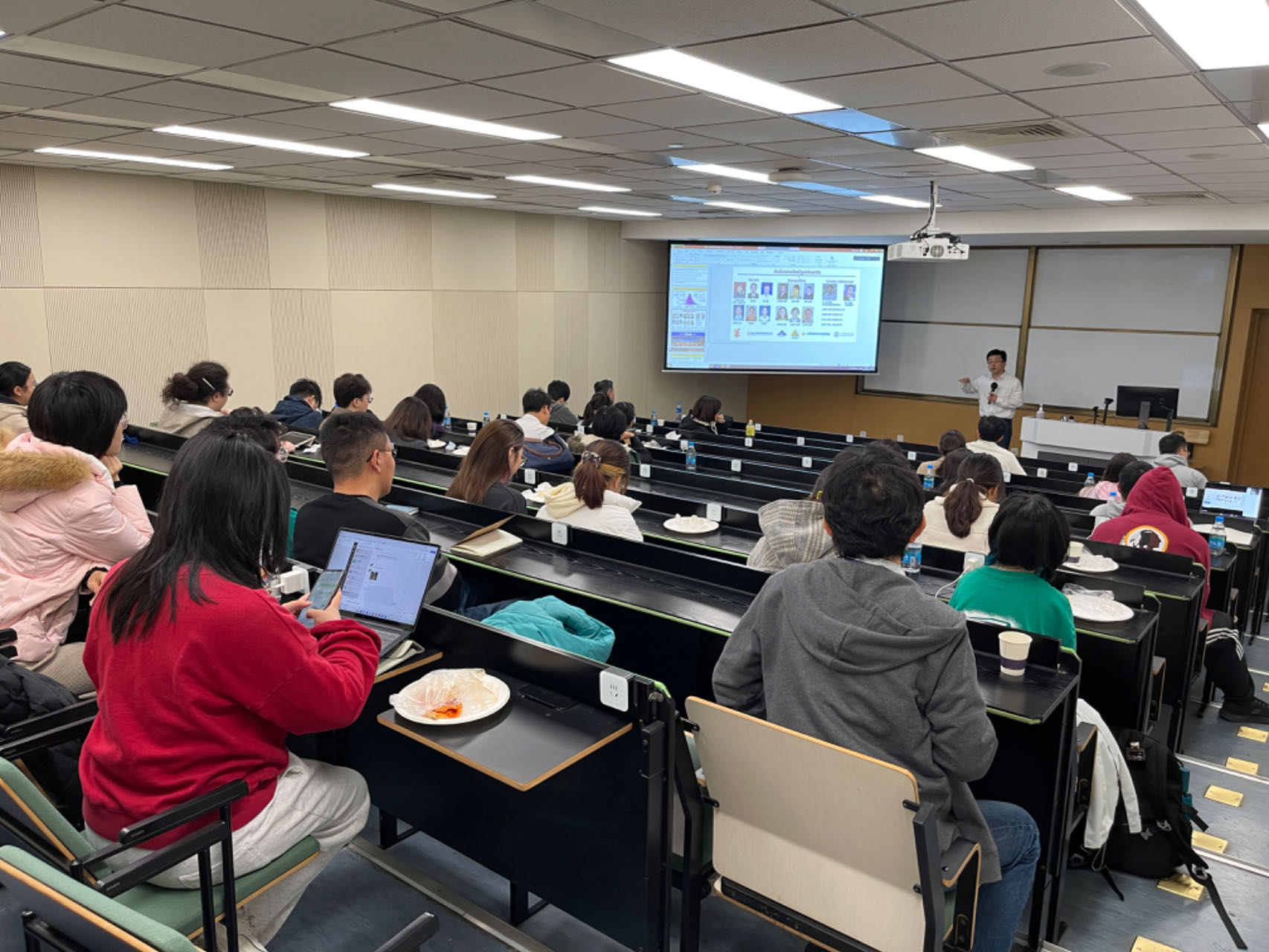
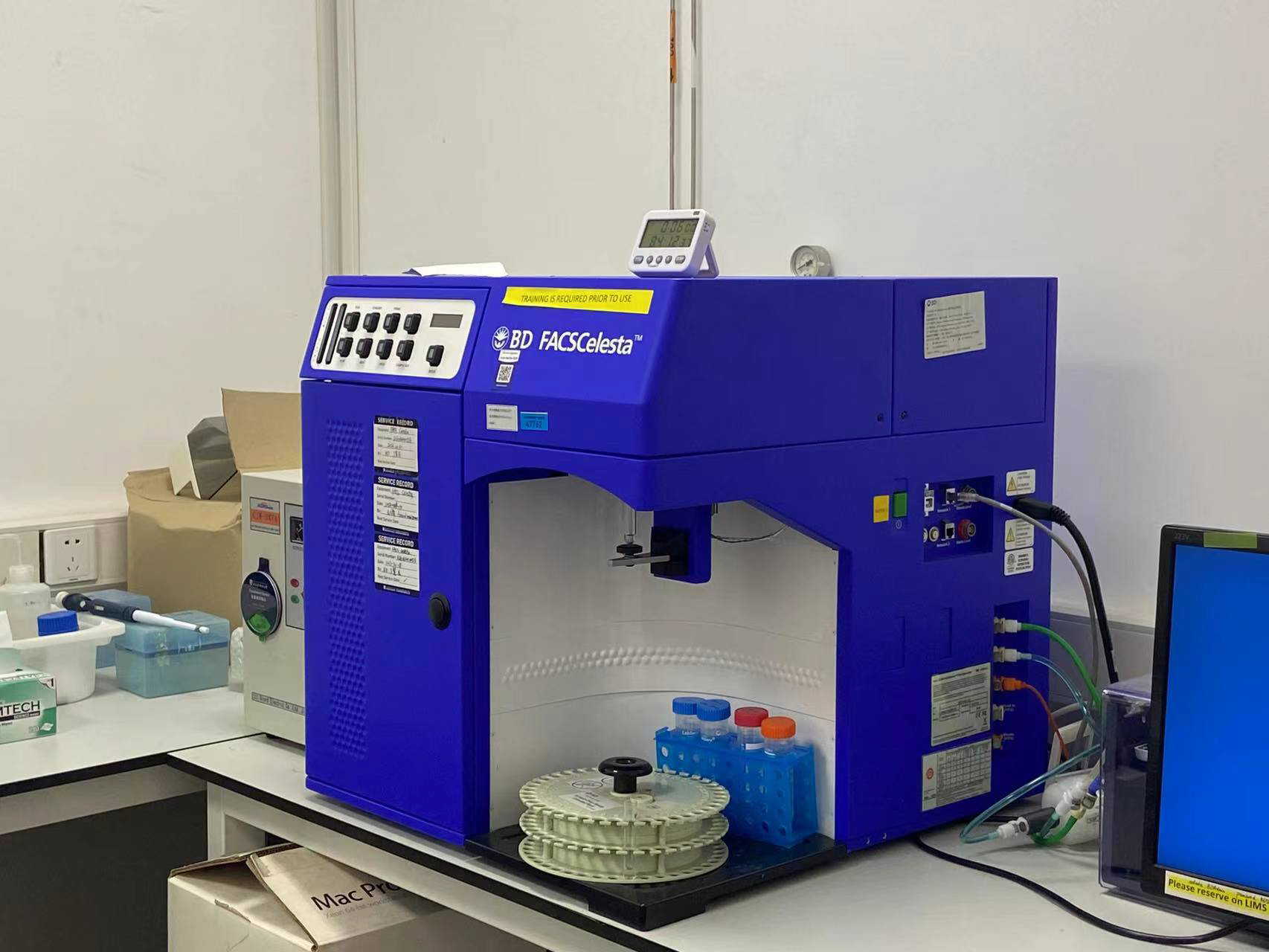
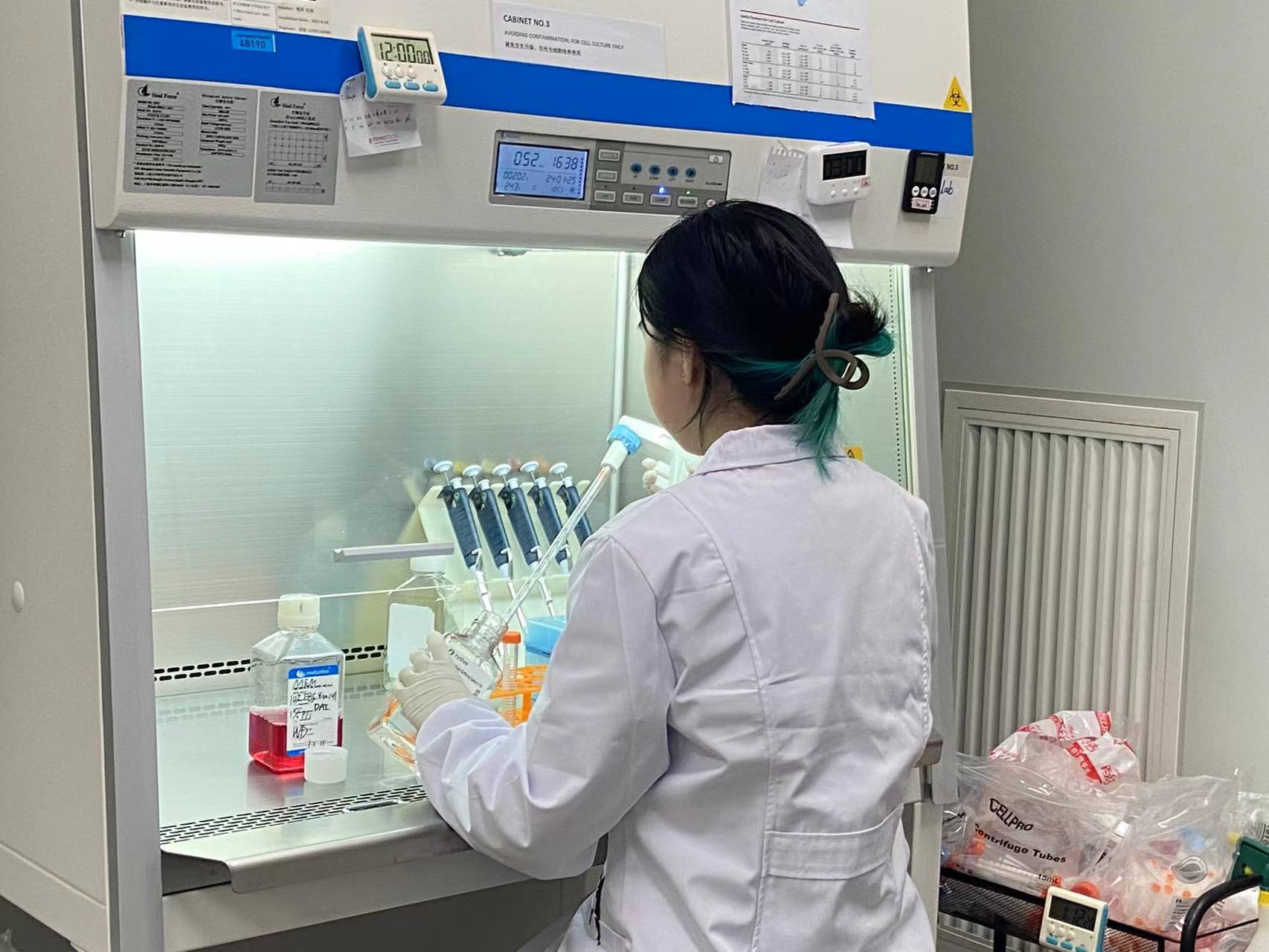
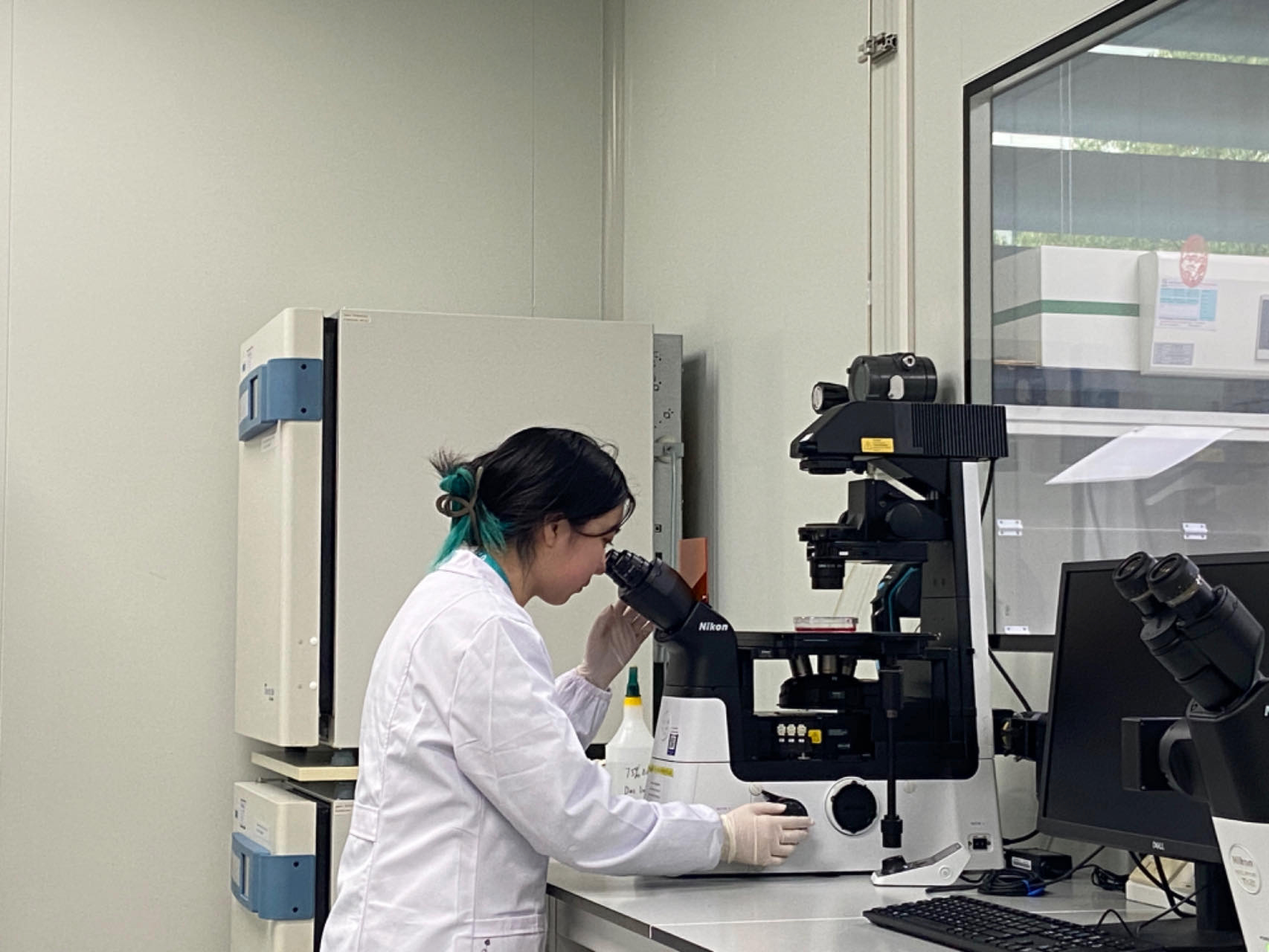
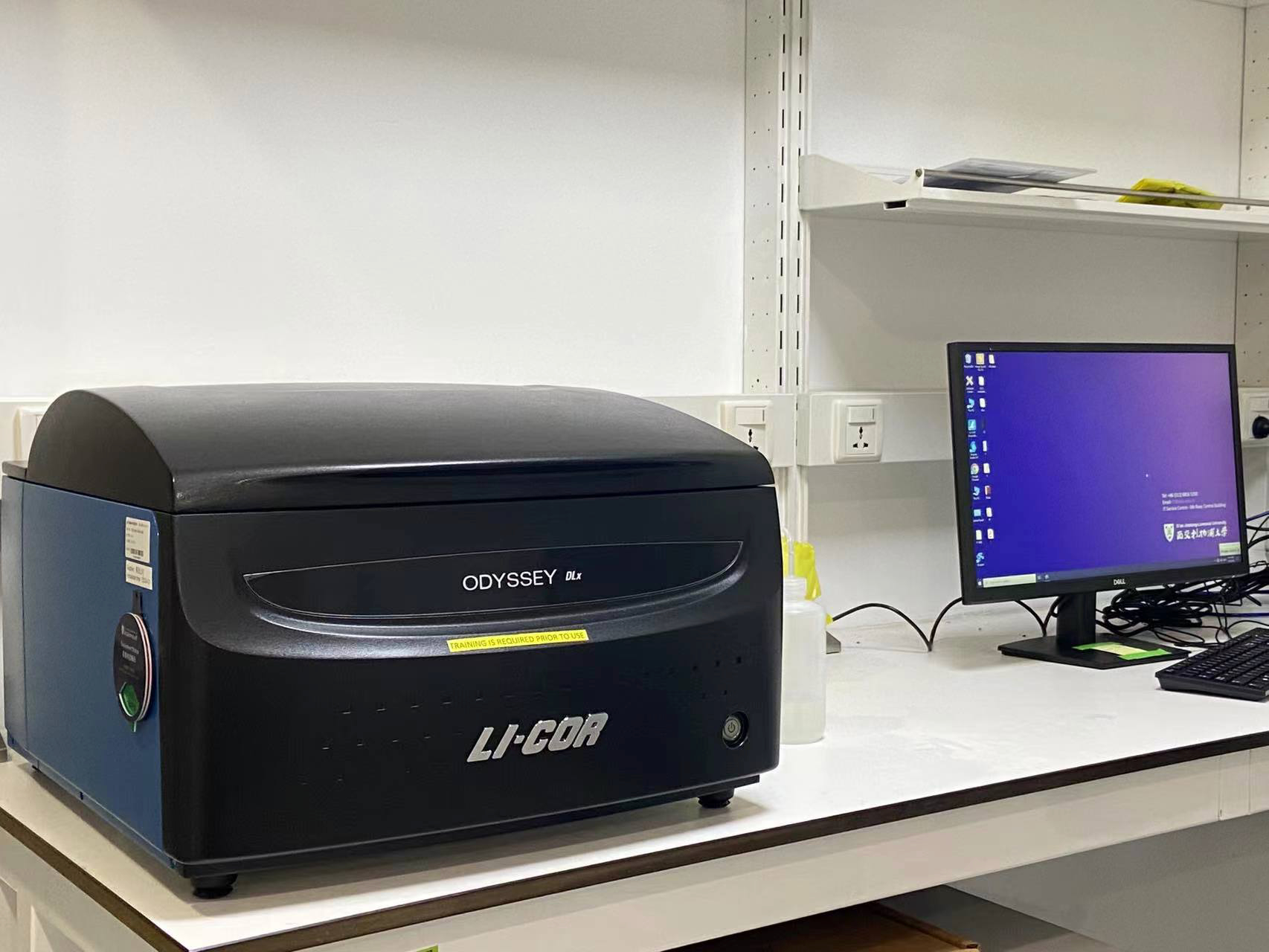
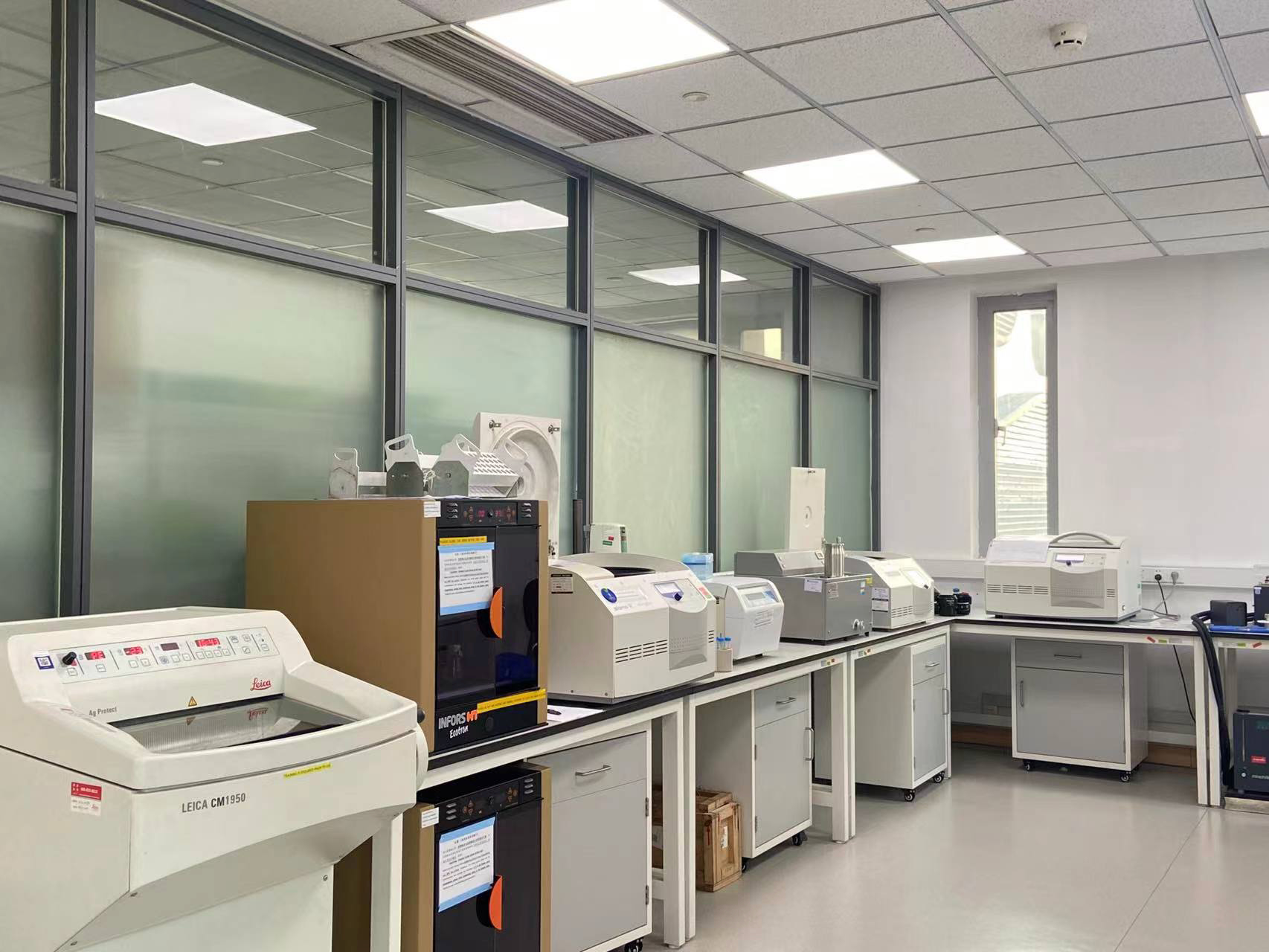
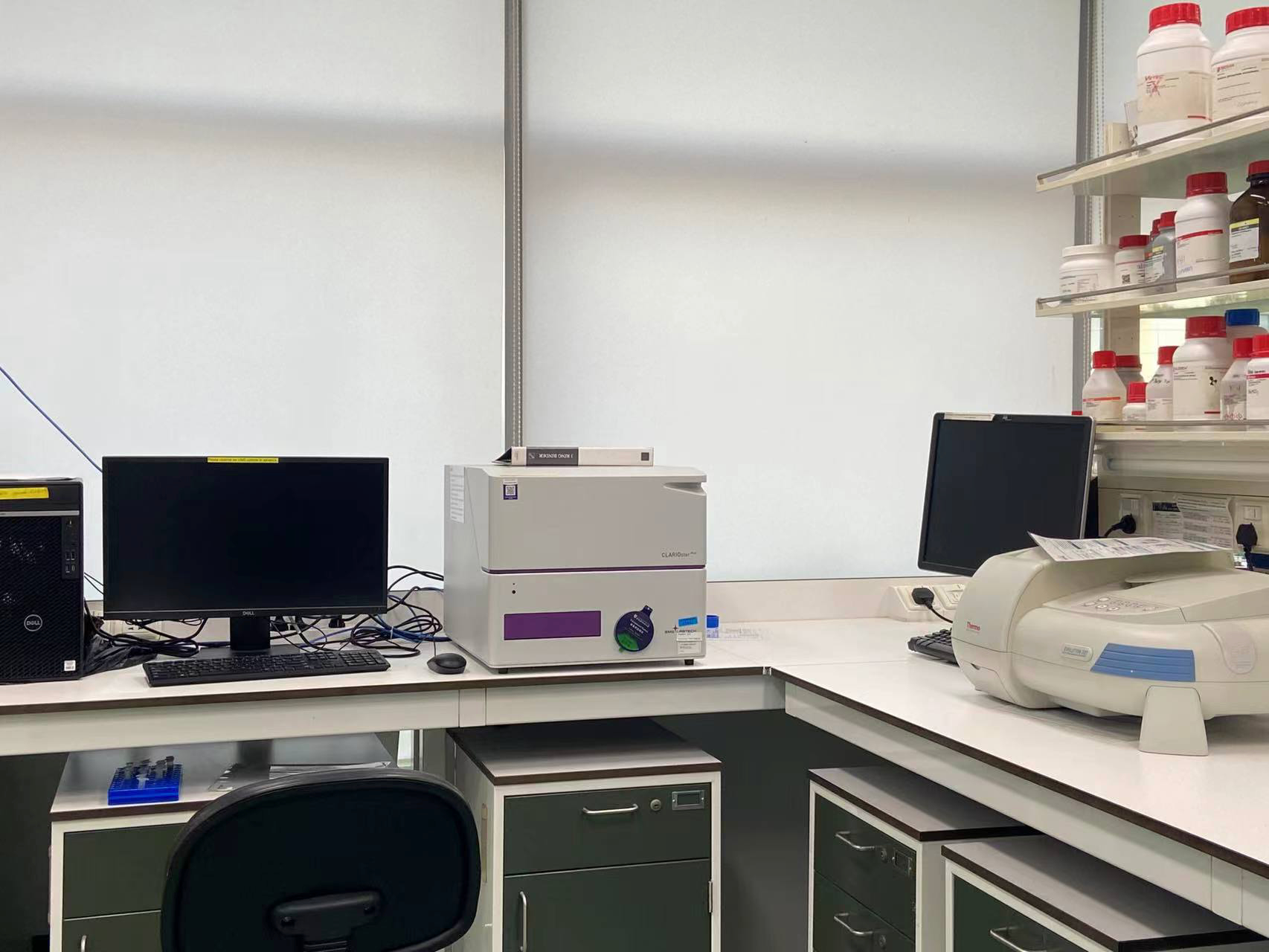
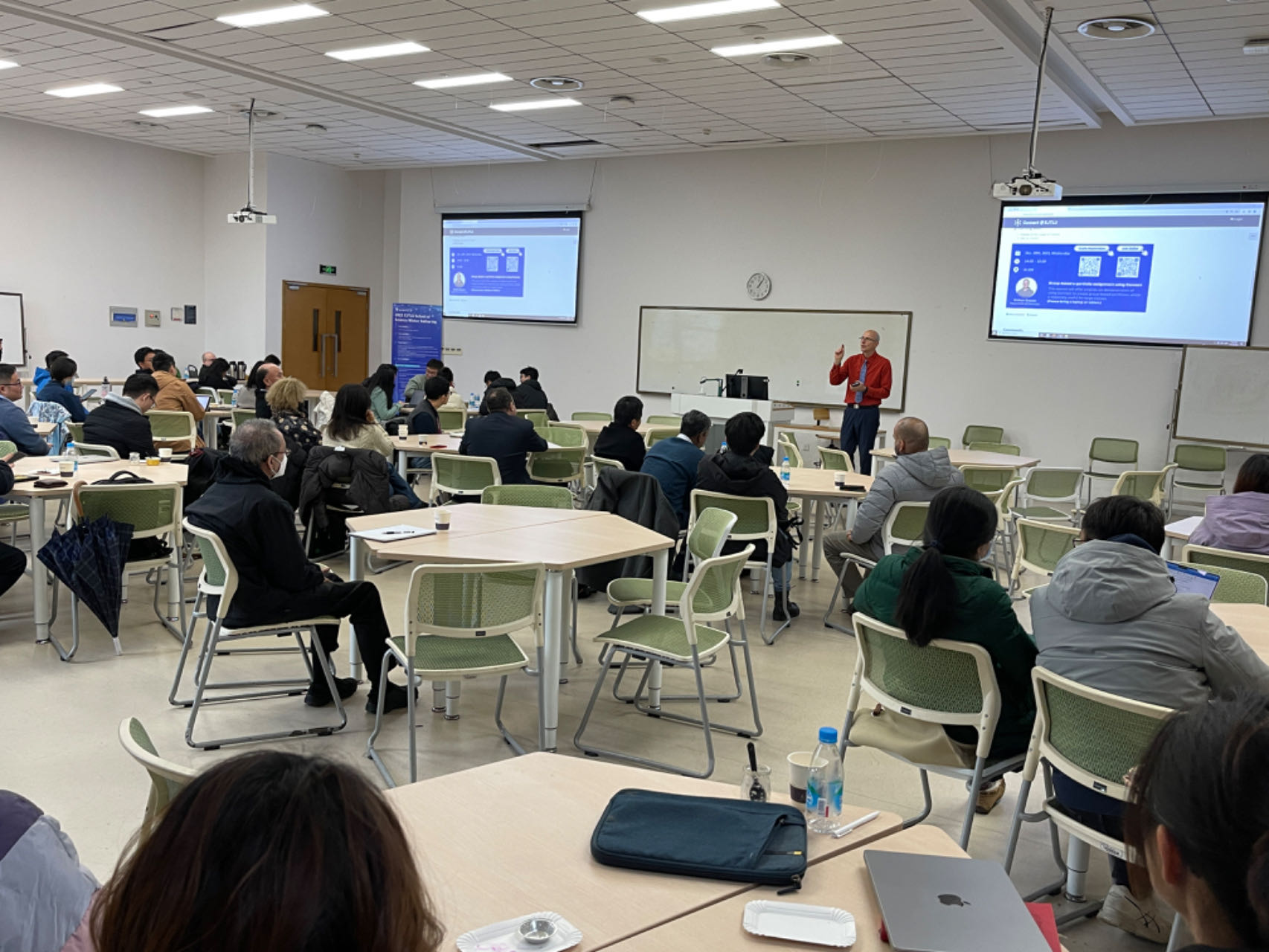
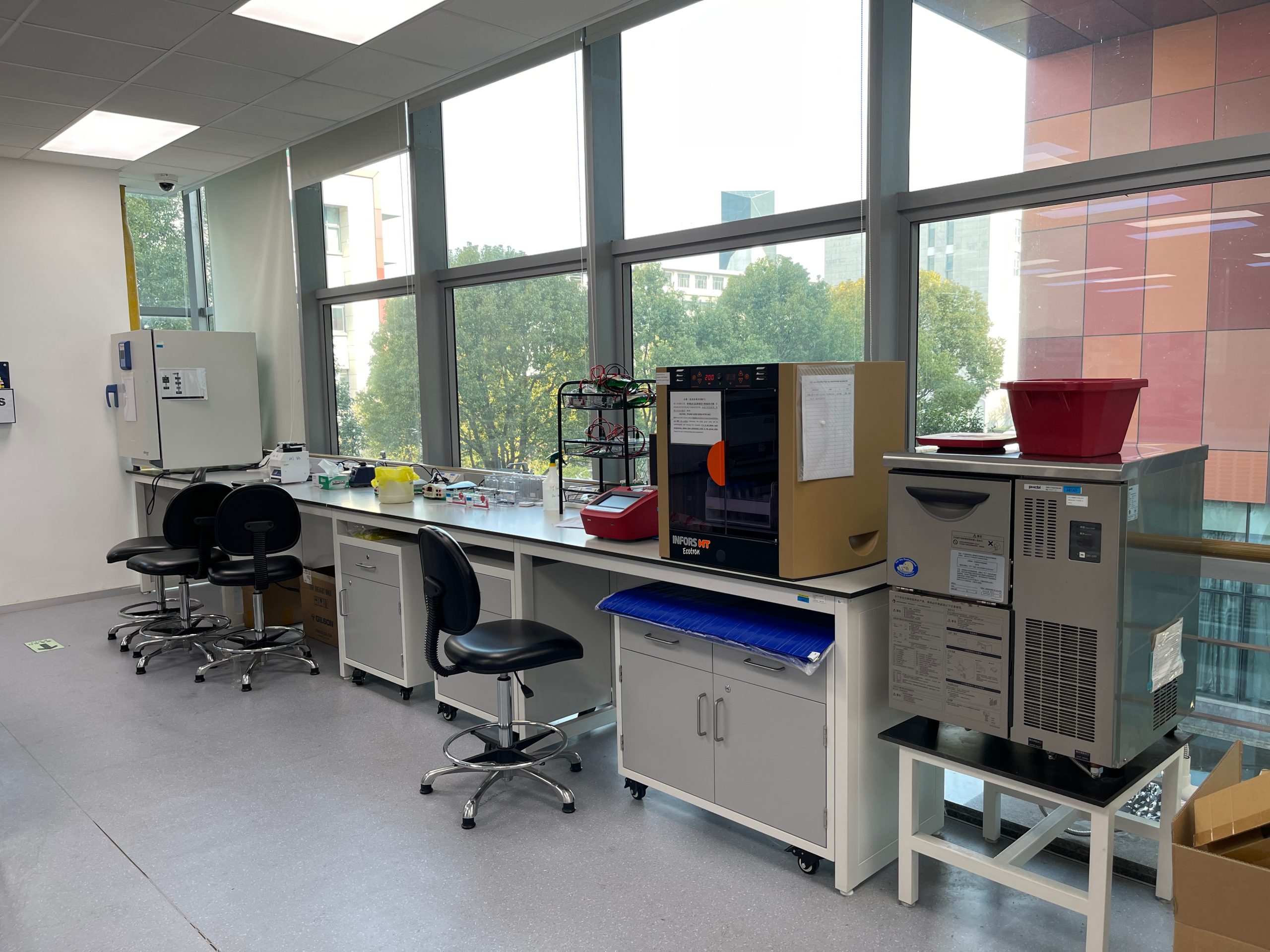
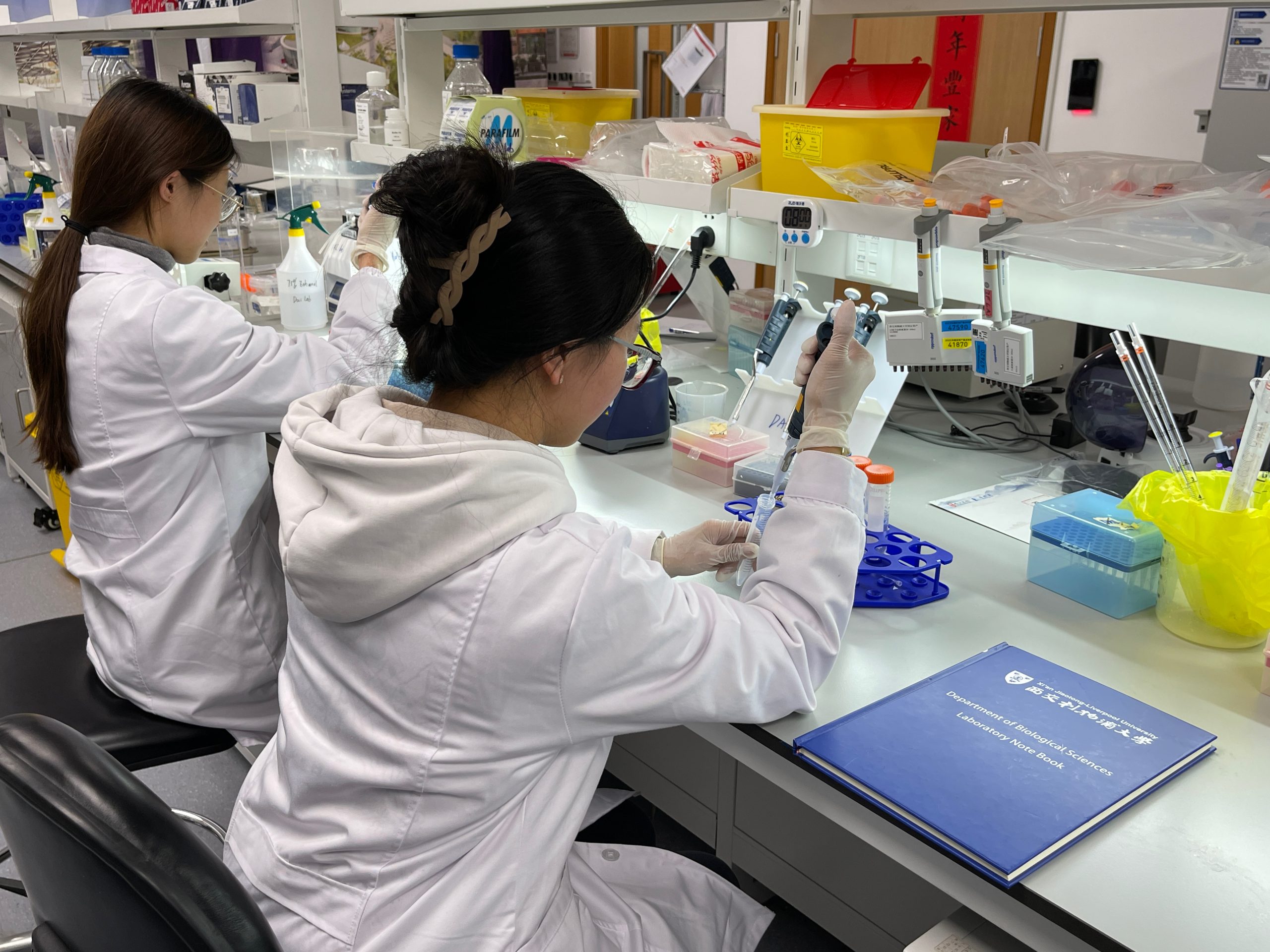
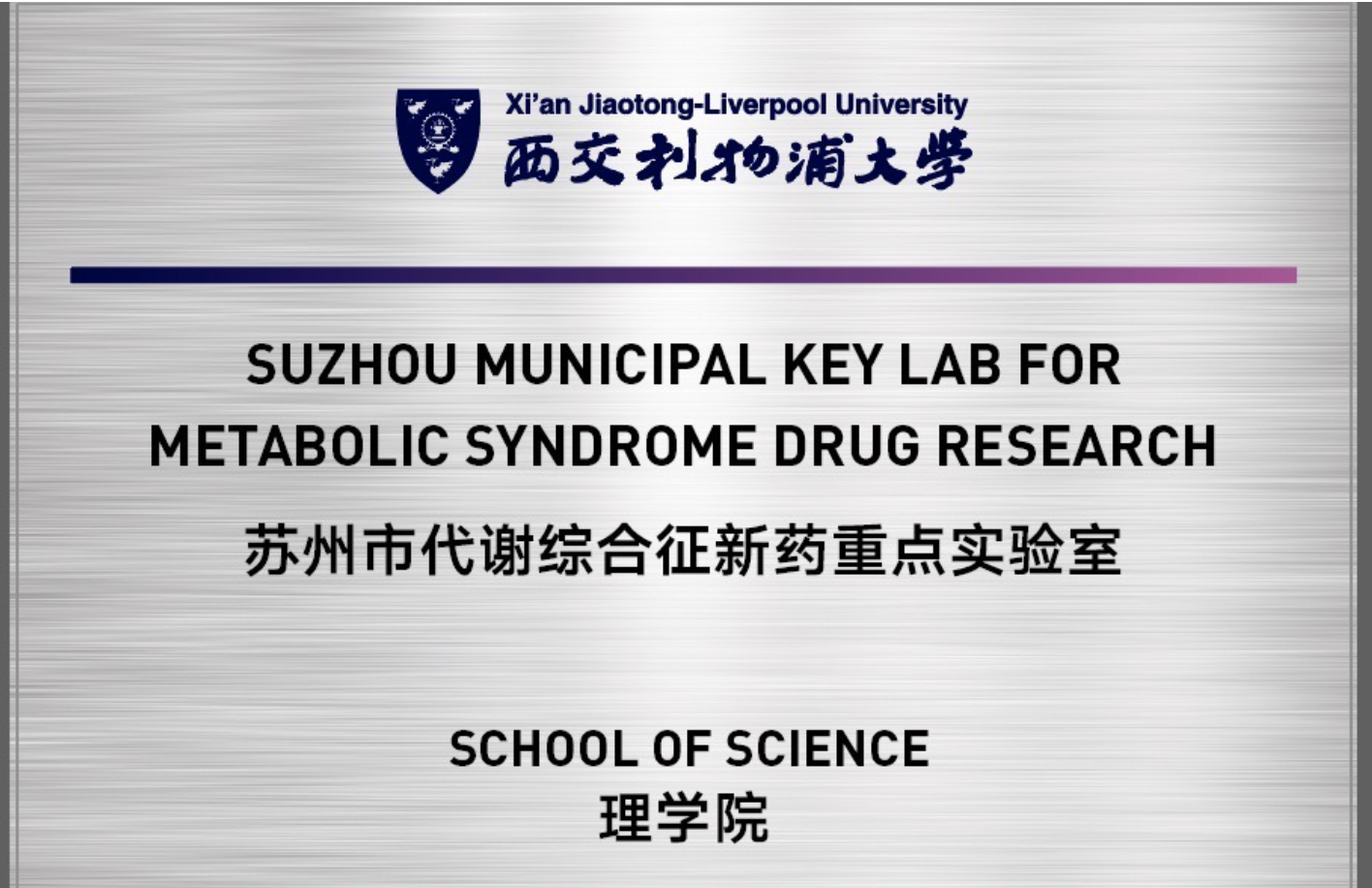


Overview
Metabolic Syndrome (MetS) is a cluster of metabolic abnormalities including hypertension, insulin resistance, visceral obesity, fatty liver, atherogenic cardiovascular diseases, and cancer. It is characterized by the presence of at least three out of five health conditions that elevate the risk of serious health issues like cardiovascular disease, stroke, Type 2 diabetes, and cancer. The Suzhou Key Laboratory for Metabolic Syndrome and Novel Drug Research, housed in the School of Science at Xi’an Jiaotong-Liverpool University, stands at the forefront of metabolic disorder research and innovative drug development. This lab delves into the molecular mechanisms of MetS, employs systems and structural biology, and pioneers new drug development. By fostering deep integration among scientific research, talent development, and industry partnerships, and by leveraging interdisciplinary approaches and an open scientific platform, the laboratory significantly contributes to addressing critical healthcare needs and furthering societal well-being.
Research themes
Mission& objectives
Team Organization
Director: Dr. Weiwei Dai
Associated Director: Dr. Jianrui Song (AoP)-research & seminars
Associated Director: Dr. Antony Kam-collorbration & industrial partnership
External Collaboration Director: Dr. Yongtao Zhu
Team Members
Theme 1: Molecular mechanism of Metabolic Syndrome—Theme Leader Dr. Jianrui Song
Dr. Weiwei Dai studies nitrogen metabolism in physiology and metabolic diseases including obesity and liver cancer, nutritional regulation of mTOR activation, and cancer metabolism.
Dr. Jianrui Song (AoP) investigate how obesity drives cancer progression, exploring itaconate’s anti-inflammatory effects in cardiovascular disease.
Dr. Ken Cheng study regulatory mechanism investigation of bioactive compounds in metabolic diseases, and mass spectrometry-based analytical methods for comprehensive coverage of metabolome and lipidome.
Dr. Lanlan Han studies protein structures and engineers enhanced protein therapeutics.
Dr. Zhihao Jia (Suda/AoP) investigate the role of protein arginine methyltransferases and their substrates in adipose and muscle development and metabolism.
Dr. Mingming Xu (AoP) conduct drug discovery and mechanism studies for common neurodegenerative diseases, identifying exosomal biomarkers from biofluids for common cancers.
Dr. Zhimin Gu (ISM) focus on hematopoietic system development and hematologic malignancies, using high-throughput techniques to explore tumor mechanisms and develop new therapies.
Dr. Yu Feng (Suzhou University Second Affiliated Hospital (Sanxiang Rd Yuanqu)-Endocrinology Department) mass spectrometry and NMR-based metabolomics and lipidomics studies,make animal models,developing new strategies to treat metabolic disease.
Dr. Caifeng Jiang (Suzhou Dushuhu Hospital) Study chronic liver diseases, focusing on liver fibrosis mechanisms and cirrhosis complications, alongside liver cancer pathogenesis and early diagnosis and treatment of colorectal tumors.
Theme 2: Therapeutic, diagnostic, and advanced material innovations for metabolic syndrome-related diseases—Theme Leader Dr. Antony Kam
Dr. Antony Kam (BIO): Specializes in the design of novel peptides and proteins, the development of gene and cell therapies, the creation of diagnostic tests, the enhancement of drug delivery methods, the discovery of new medicines, and the investigation of mechanisms of action utilizing multi-omics technology.
Dr. Shining Loo (AoP): Concentrates on designing innovative peptides and proteins, creating gene and cell therapies, developing diagnostic tests, improving drug delivery methods, discovering new medicines, and studying mechanisms of action through multi-omics approaches.
Dr. Jeong Hyeon Park (BIO): Conducts research on drug mechanisms, discovers new drugs through molecular biology research, and develops gene delivery systems for therapeutic applications.
Dr. Kozo Hamada (BIO): Focuses on engineering biosensors for disease detection and designing therapeutic proteins for targeted interventions.
Dr. Francesco Zonta (BIO): Employs artificial intelligence and computational techniques to design antibodies and discover novel drug candidates.
Dr. Yong Shen (BIO): Specializes in constructing synthetic biological systems and employing genetic engineering for therapeutic applications in metabolic syndrome-related diseases.
Dr. Qiuchen Dong (CHEM): Concentrates on the development of advanced sensors and materials for sensing and monitoring metabolic syndrome-related diseases, enabling early detection and personalized treatment.
Dr. Xuan Xue (CHEM): Focuses on the development of cutting-edge biomaterials and polymers for targeted drug delivery and tissue engineering applications in metabolic syndrome-related diseases.
Dr. Chun Chan (BIO): Utilizes artificial intelligence integrated with computational biology approaches to drive innovative drug discovery for metabolic syndrome-related diseases.
Dr. Faez Khan (BIO): Conducts research on protein-protein interactions, engineers’ proteins for therapeutic purposes, designs drugs targeting specific protein targets, analyzes protein dynamics, and explores protein folding mechanisms in the context of MetS-related diseases.
Theme 3: Microbiota and Metabolic Diseases—Theme Leader Dr. Yongtao Zhu
Dr. Yongtao Zhu pure culturing, biochemical/physiological studying and genetic manipulation of microorganisms.
Dr. Min Tang host-specificity of gut symbionts, gut microbiome, and biological adaption.
Dr. Xinzhao Tong host-microbe interaction, human and built environment microbiome, and microbial ecology.
Dr. Lu Zhang microbial interactions in natural and engineered communities, meta-omics and isotope labelling.
Significance
The Metabolic Key Lab focuses on advancing research in metabolic syndrome, developing innovative treatments and diagnostics, and fostering industry collaboration. Its strategic goals include enhancing knowledge of molecular mechanisms, promoting cross-disciplinary research, and publishing high-quality papers. The lab aims to secure funding, train skilled researchers, and translate findings into practical applications that benefit society and the biopharmaceutical industry.
Expected Outcomes and Deliverables
By focusing on these strategic objectives and adhering to the outlined timeline, the Metabolic Key Lab aims to establish itself as a driving force in metabolic research, attracting top talent, securing substantial funding, and making significant contributions to the field.
Contact us